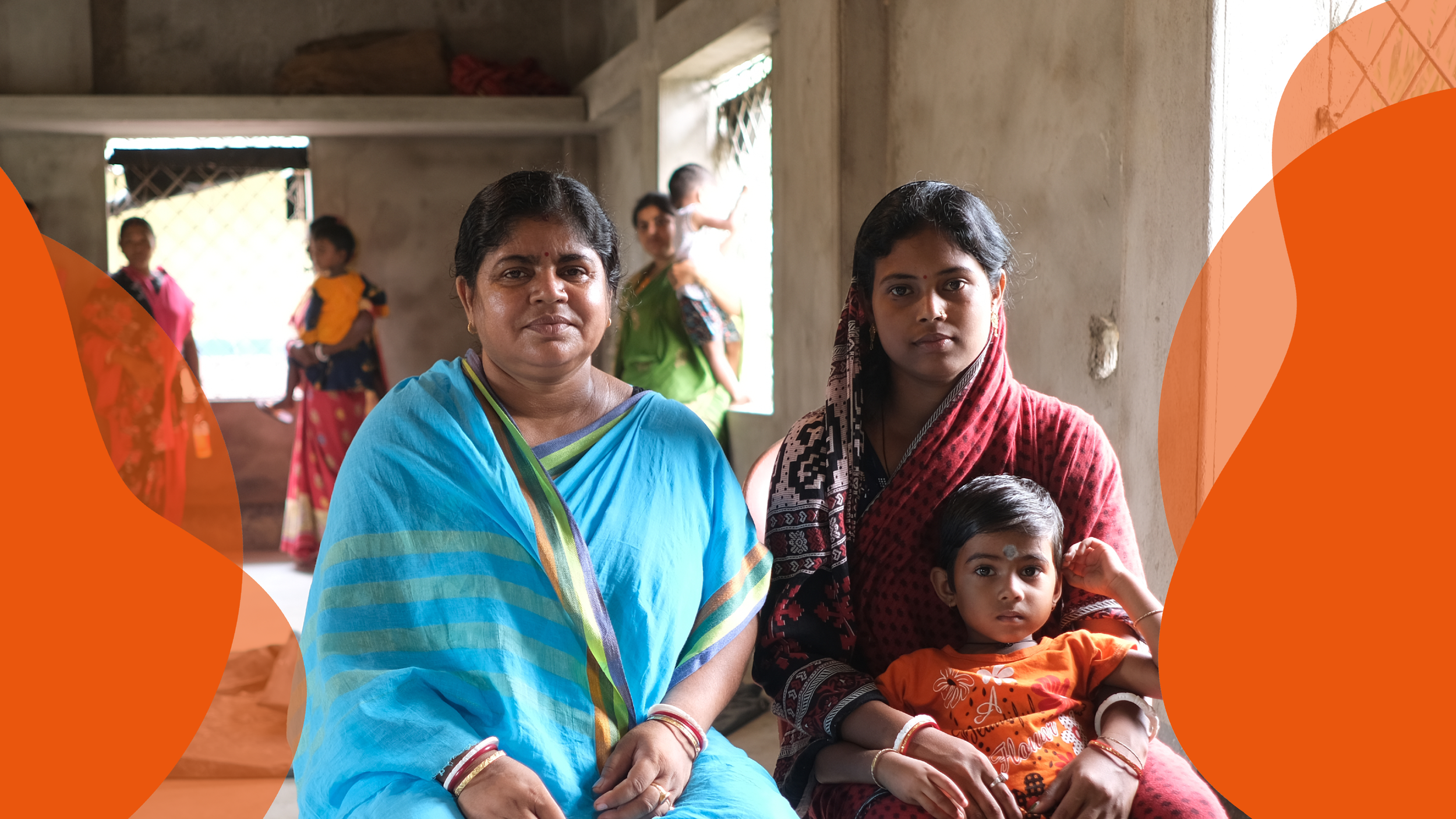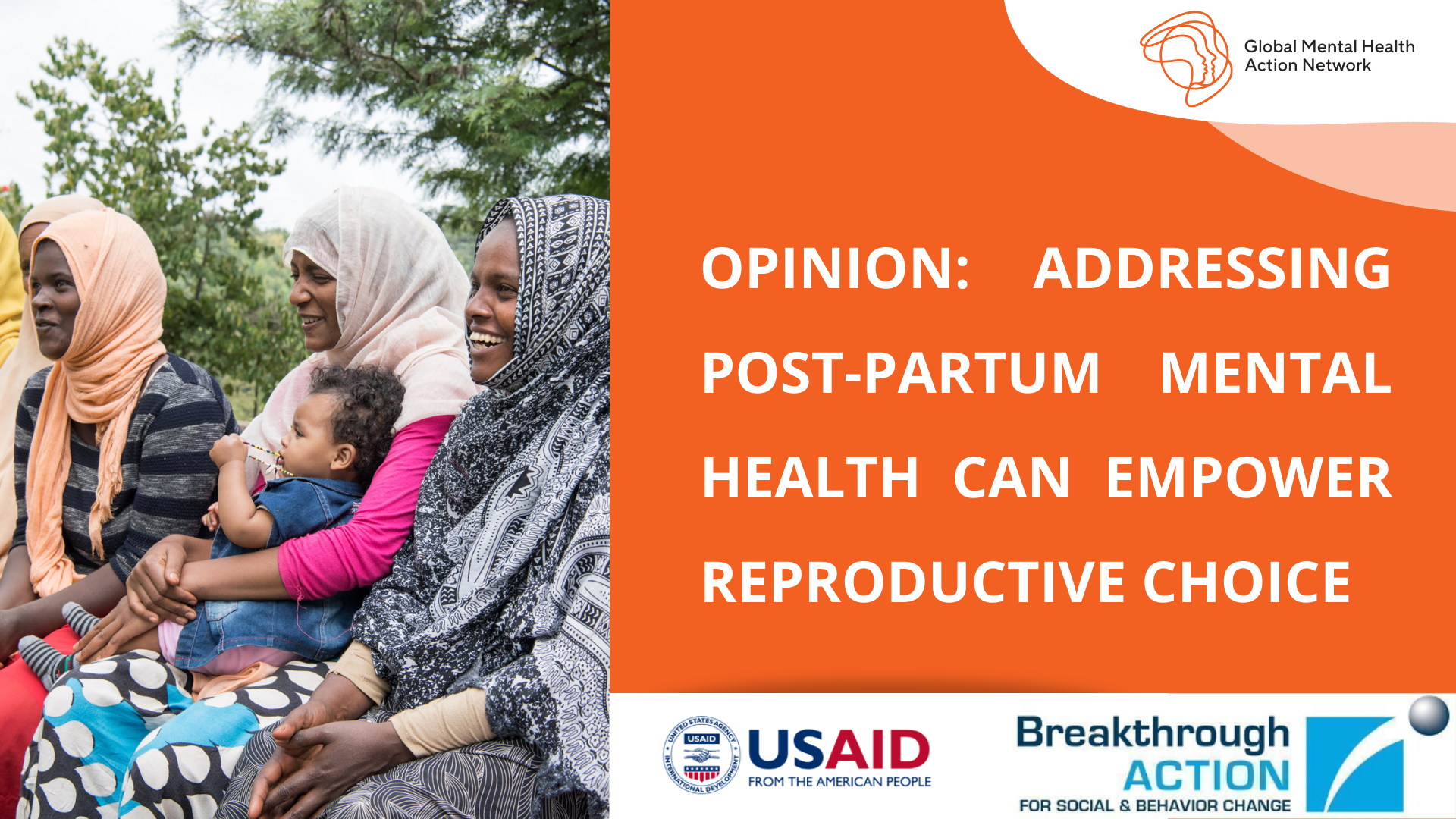
News and views
The latest from across our network

We are a free to access membership organisation established to connect people and resources to promote better mental health awareness and provision.
Are you ready to become a member of the Global Mental Health Action Network?
Reflecting on COP29
Written by Shoukat Ali Baloch. There is no good and bad COP. However, focusing on mental health, I have observed during multilateral negotiations and party meetings, lobbyings and also personal meetings with delegates from the parties, that mental health was on their agenda and they were discussing it broadly to address the integration of mental health stressors at the grassroots level.
Power of Collective Advocacy at the G20
The G20 Brazil is over and the presidency was delivered to South Africa… No concept better represents the essence of our work than Ubuntu—“I am because we are.” This philosophy of interconnectedness and mutual care defines the work of a group dedicated to initially advocate for the Mantra and the prioritisation of the investment of Children and Adolescents Mental health, and later, collectively building the #ChildrenInG20
A Step Toward Change: Highlights from the Generational Perspective Dialogue on Mental Health
By Don Zane Muwanguzi, Team lead/founder Awesome Minds Speaks
On World Mental Health Day (10th October 2024), the Generational Perspective Dialogue organised by Awesome Mind Speaks brought together youth, policymakers, mental health professionals, and community leaders, to tackle the pressing mental health challenges faced by Uganda's young people.
Investing in Future Minds Through a Children’s Lens
We stand at a critical juncture in history. More than half of the world’s children live in G20 countries, yet their rights, mental health, and well-being remain severely underrepresented in global policy agendas. Amid rising inequalities, the climate crisis, and slow progress towards the Sustainable Development Goals (SDGs), the mental health of future generations is at risk.
Opinion: Addressing Postpartum Mental Health can Empower Reproductive Choice
Mental health issues among postpartum women in low to middle-income countries represents a silent epidemic that negatively impacts a range of health outcomes. The period following childbirth is fraught with physical, emotional, and psychological changes, which is further exacerbated by limited access to healthcare, lack of mental health awareness, and mental health stigma.
Decriminalisation of suicide: A united voice across the Caribbean.
On Monday July 29th, a regional coalition was launched with various stakeholders from other Caribbean territories, to advocate for the decolonization of laws against suicide in Trinidad and Tobago, the Bahamas, St. Lucia and in Grenada. This refers to the process of revising or abolishing colonial-era laws that sought to criminalize suicide and suicide attempts. Inherited from European colonial powers, these laws reflect outdated views that treat suicide as a criminal act rather than as a mental health issue.
Writing impactful case studies for advocacy
In June the Global Mental Health Action Network Communications Working Group hosted a knowledge exchange session sponsored by Pinterest on developing case studies to tell impactful stories and support advocacy efforts and donor communications.
NEW: LGBTQI+ Working Group - addressing the underserved needs of LGBTQI+ communities in LMICs
The Global Mental Health community has been slow to respond to the underserved needs of the LGBTQI+ community. Through the new LGBTQI+ Working Group, Co-Chairs aspire to increase coordination, knowledge-sharing, and capacity building, or else efforts will remain fragmented. It is imperative to amplify our collective voice, pool resources, and stand united in our commitment to LGBTQI+ mental health and equality.
Leaving no Caribbean Island behind: “Suicide is not a crime”
Suicide is the second leading cause of death amongst Caribbean youth between the ages of 15 and 25. In 2017, almost one in seven adolescent students in Trinidad and Tobago had attempted suicide. In the rest of the population, the rate of suicide attempts in the Caribbean has been steadily increasing. Survivors of suicide and self-harm require support and mental health services.
Transforming National Mental Health Services
The WHO Special Initiative for Mental Health, launched in 2019, advances policies, advocacy and human rights, to rapidly scale-up quality interventions and services for people with mental, neurological and substance use conditions.
World Health Assembly: What it is and how you can engage
The World Health Assembly (WHA) is an annual gathering of health ministers from around the world and a key opportunity to harness the influence of our network to champion mental health.
Reflections on Ukraine: Guidance on How Best to Respond to a Mental Health Emergency
WHO is working closely with our offices in Ukraine and neighbouring countries, as well as partners to rapidly respond to the health emergency triggered by the conflict and to minimise disruptions to the delivery of critical healthcare services.
MEMBER BLOG: Mental health in India’s national budget 2022
This year’s budget was one of those rare occasions when mental health got the attention of the Indian policy makers at the national level.
MEMBER BLOG: An activist’s journey - successes and roadblocks in mental health advocacy
Climate Change is the greatest global health threat of the 21st century. The latest report of the Lancet Countdown on health and climate change cautioned “code red” for human health and has sparked widespread media attention, including concern over the health impacts of climate-induced food insecurity and infectious disease transmission.
MEMBER BLOG: Building Back Better for Healthy Minds
If non-communicable diseases (NCDs) were a family, mental health would be the middle child, and I am not saying that because I am one. Mental health gets less than 1% of development aid funds[1] in a pool of funding that is not large to begin with.
MEMBER BLOG: Conversion ‘therapy’ remains prevalent in Africa. Governments must protect LGBTQ+ persons from this form of abuse.
o see true and lasting change, key actors and human rights defenders should play an active role in amplifying the voice of survivors and the LGBTQ+ community to advocate for the eradication of these harmful practices.
MEMBER BLOG: Why you(th) should care about mental health research
From ages 10-24, mental health conditions make up nearly half the overall burden of disease; 75% of mental health conditions emerge by age 24. These figures show that supporting the mental health of young people like us is imperative.
MEMBER BLOG: Sharing 5 key insights from nearly 350 adolescent mental health applications
A year ago this week, The Upswing Fund launched in response to an alarming decline in adolescent mental health exacerbated by COVID-19.
MEMBER BLOG: Half a million people in sub-Saharan Africa reached through StrongMinds’ innovative depression treatment
Approximately 66 million women on the African continent are experiencing depression, and due to lack of investment, about 85% of these women have no access to effective treatment.
MEMBER BLOG: Towards the improvement of mental health protection in the transit context
For instance, this year’s results of the mental health screening of refugees passing along the Balkan route (PIN, 2021) show that 85% of refugees are psychologically vulnerable, i.e., are in need of psychological support or mental health care, which reveals a negative trend in the overall psychological vulnerability when compared to previous years.










